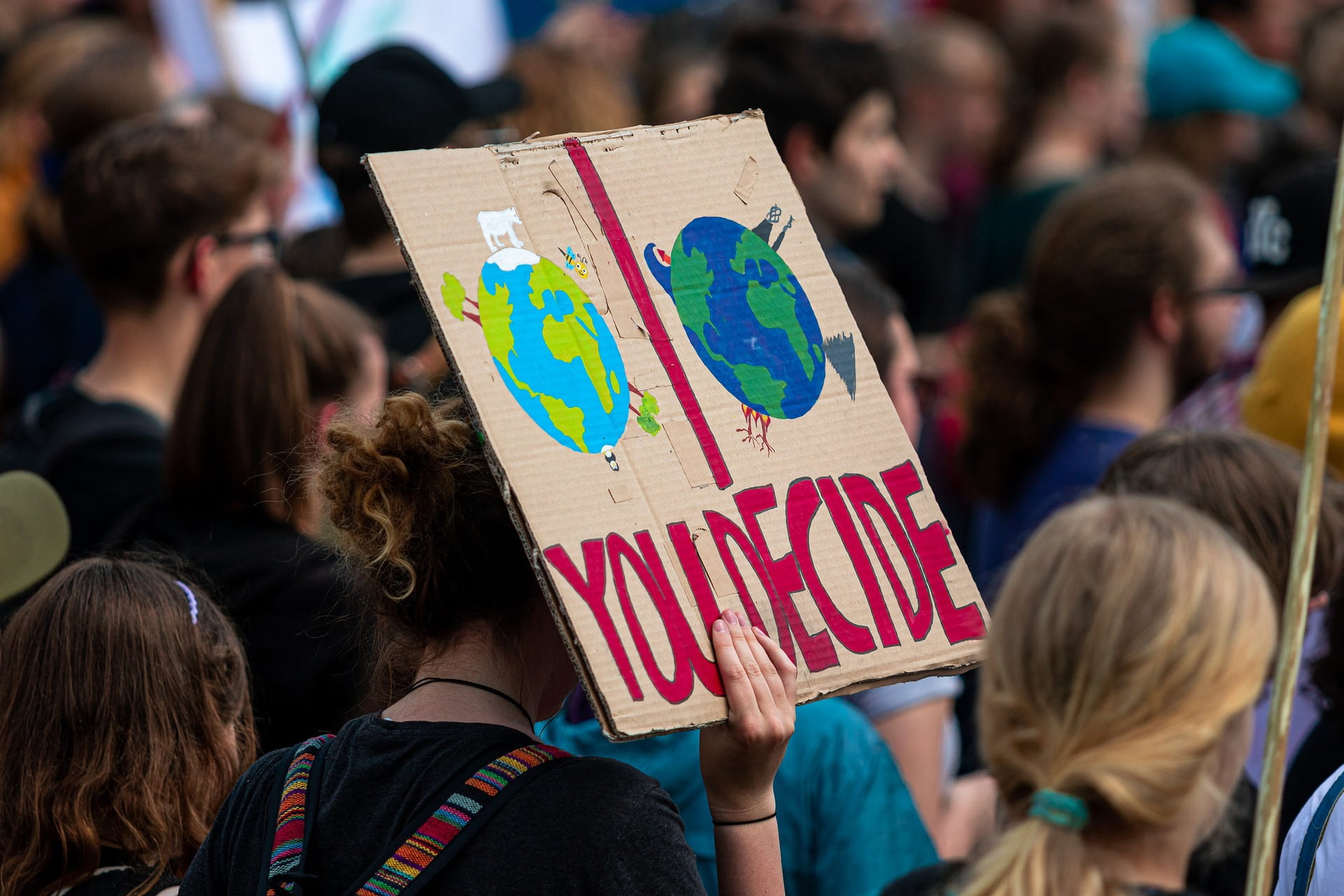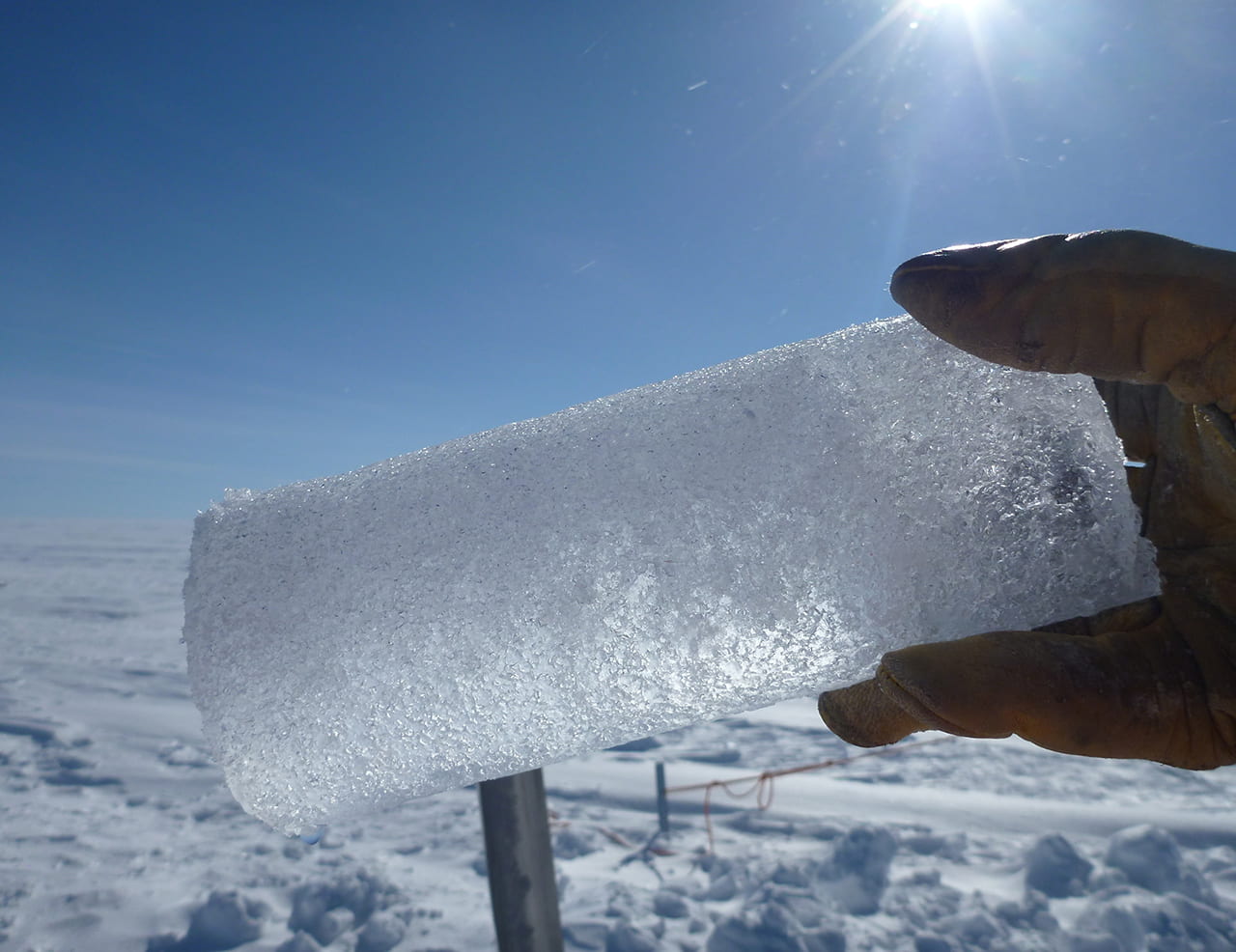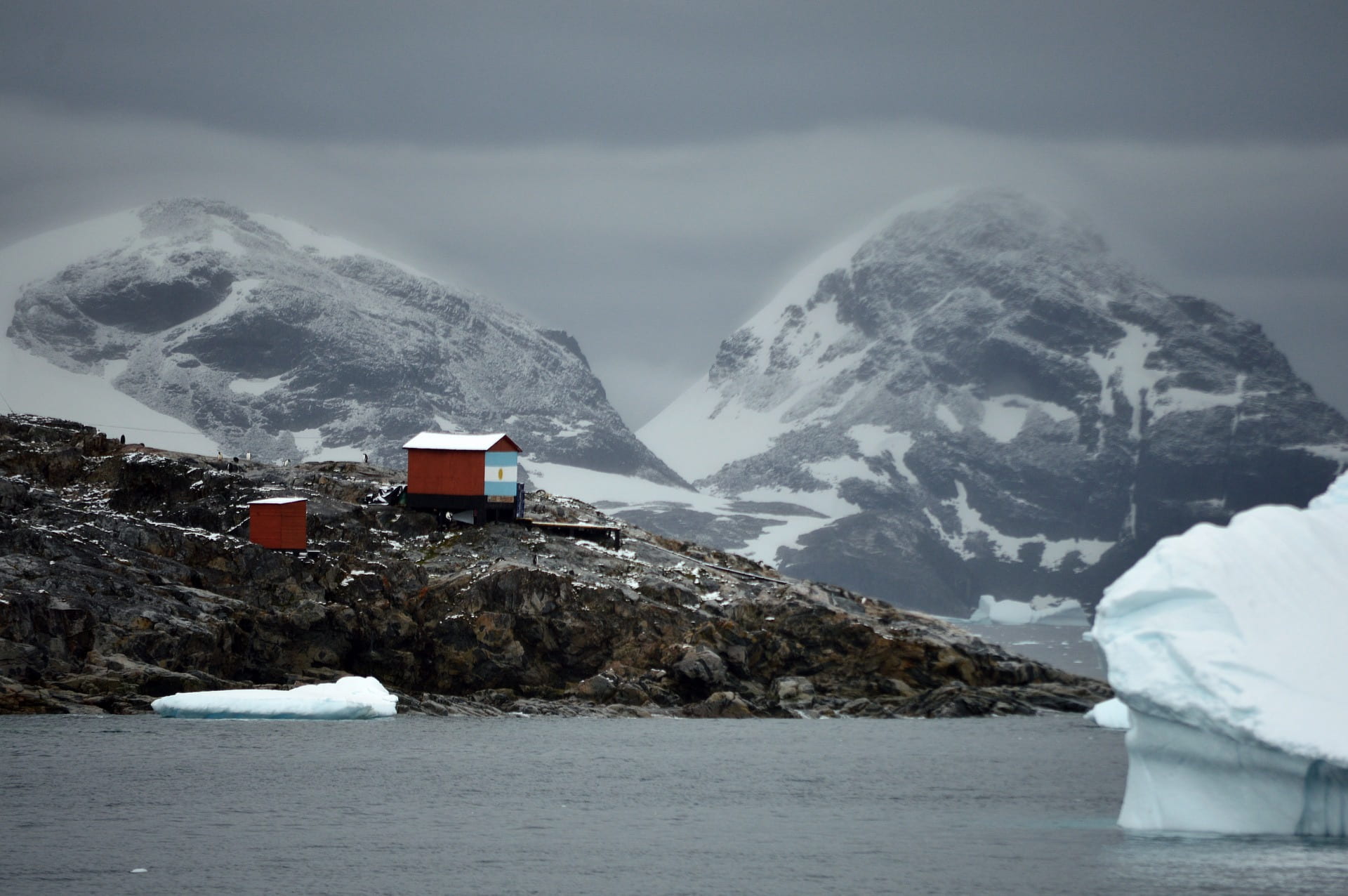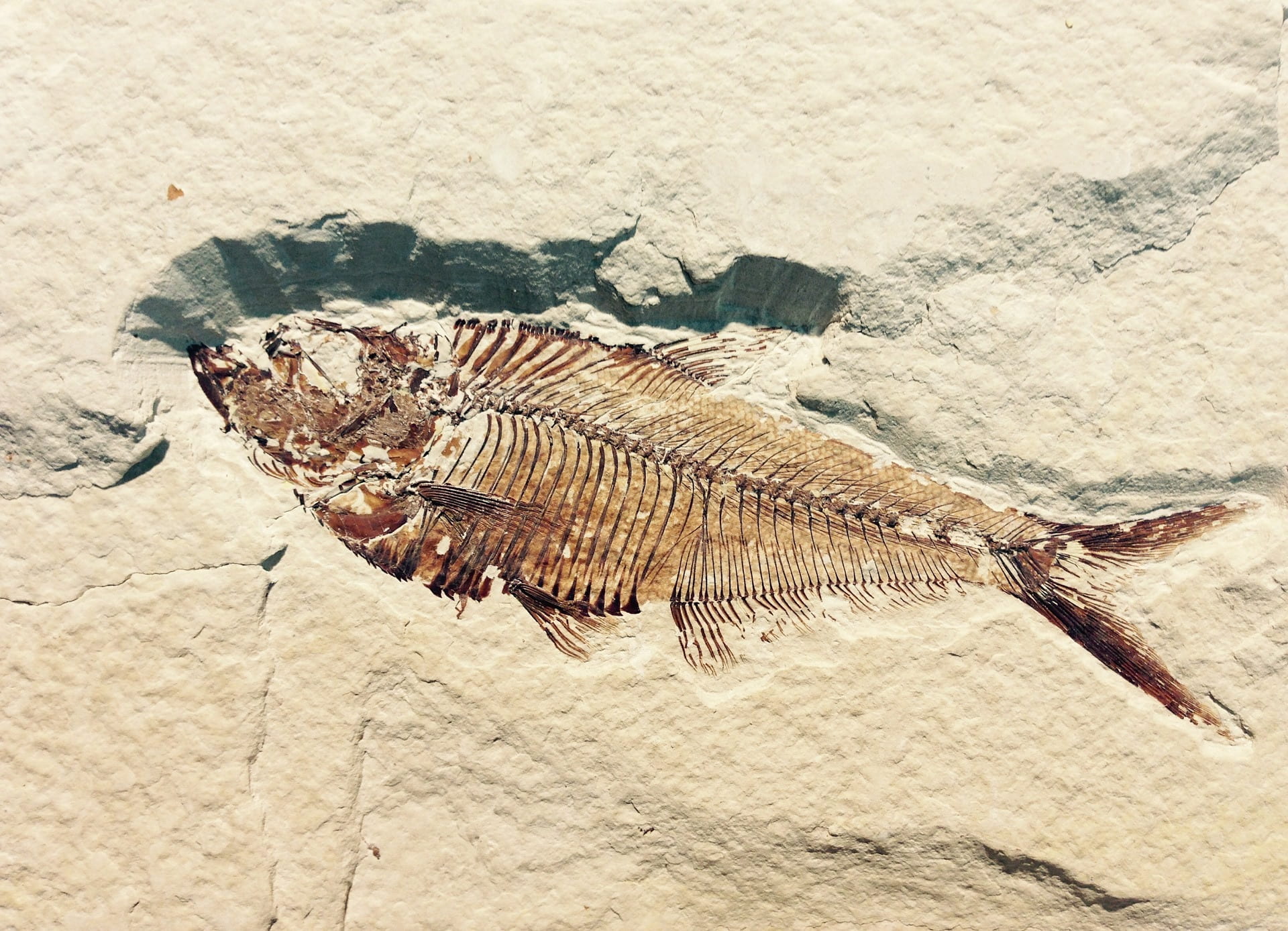Hello everyone,
Every journey has to come to an end. I hope the past weeks of sharing has helped you learn as much as they have helped me. Previously, I have mostly been sharing on glaciers, but today, I want to look at the bigger picture.
I did a survey on environmental sustainability and asked who/what people thought had the most influence in combating climate change, along with other questions that I will elaborate on later. There were 34 respondents, all of whom were not students in the BES community, and had a wide age range, from 19 to above 65 years old.

75% of people aged 19-26 thought that governments and corporations had the most influence, while only about 59% of the rest of the respondents thought that way, with more thinking that more influence lies with individuals, or that everybody has a part to play.

Perhaps this has got to do with the younger generation increasingly demanding more government action on climate change, like in other parts of the world. Is this focus on the government perhaps driving the disconnect that the younger generation have between their own actions and climate change? 50% of respondents aged 19-26 thought that their individual actions would have little effect on climate change, compared to 29% of older respondents, from my survey.
Honestly, I believe that the world has to change, but there was a point in time when I was not too convinced that individual actions had an impact at all. Sometimes it felt hopeless, and I often questioned what my actions stood for. But I still tried to make more sustainable decisions anyway, and today it has become somewhat of a habit where I subconsciously choose to live more sustainably.

Research has shown that social influence is a very powerful thing, and one sustainable person can influence many others, and those people can in turn influence more people, and so on. I believe that this, along with the widespread efforts by countries and corporations to reduce emissions, may just be what we need to save the Earth.
I wanted to see if presenting people with some impactful information (in my opinion) could have an effect on how they perceived their individual actions. I presented respondents of my survey with carbon emissions of flights compared to the average carbon emissions of people in several countries, according to a calculator by The Guardian, along with the information that air-cons consume 50 times more energy than fans. 79% said they felt they could contribute more to combat climate change after receiving this information. Perhaps more awareness along with social influence will be able to make all the difference!

Just one flight is enough to cause our emission levels to jump to several times that of average peoples’ emissions around the world. What does this tell us? That many of our lifestyles are unsustainable. Pretty much all of us are guilty, me included. I understand the yearning to travel for leisure, the end-of-year vacation to relief all the stress. But perhaps we should all take a moment to reflect on how much weight our actions can have.
Personally, I hadn’t flown anywhere in 2018 and 2019, only once in February this year to Bali, which produced 470kg of CO2. That is huge.
Researching and writing about glaciers, replying all the comments and reading everybody’s posts have been a refreshing way to learn and see things from so many different perspectives. One thing I have learnt from blogging and conducting surveys is that optimism for a more sustainable world is on the rise, and though I believe there is a lot of work to be done, I want to be a part of that change. Thank you for joining me on this part of my journey 🙂
Clive



